It is crucial to recognize that autism presents differently in adults, with some individuals exhibiting milder symptoms or unique strengths and challenges. Diagnosis can open doors to tailored support and therapies that can significantly improve an adult's quality of life and help them navigate the complexities of the neurotypical world. Here are some resources to help.
Photo Credit:
Hiki App on Unsplash
From the Library
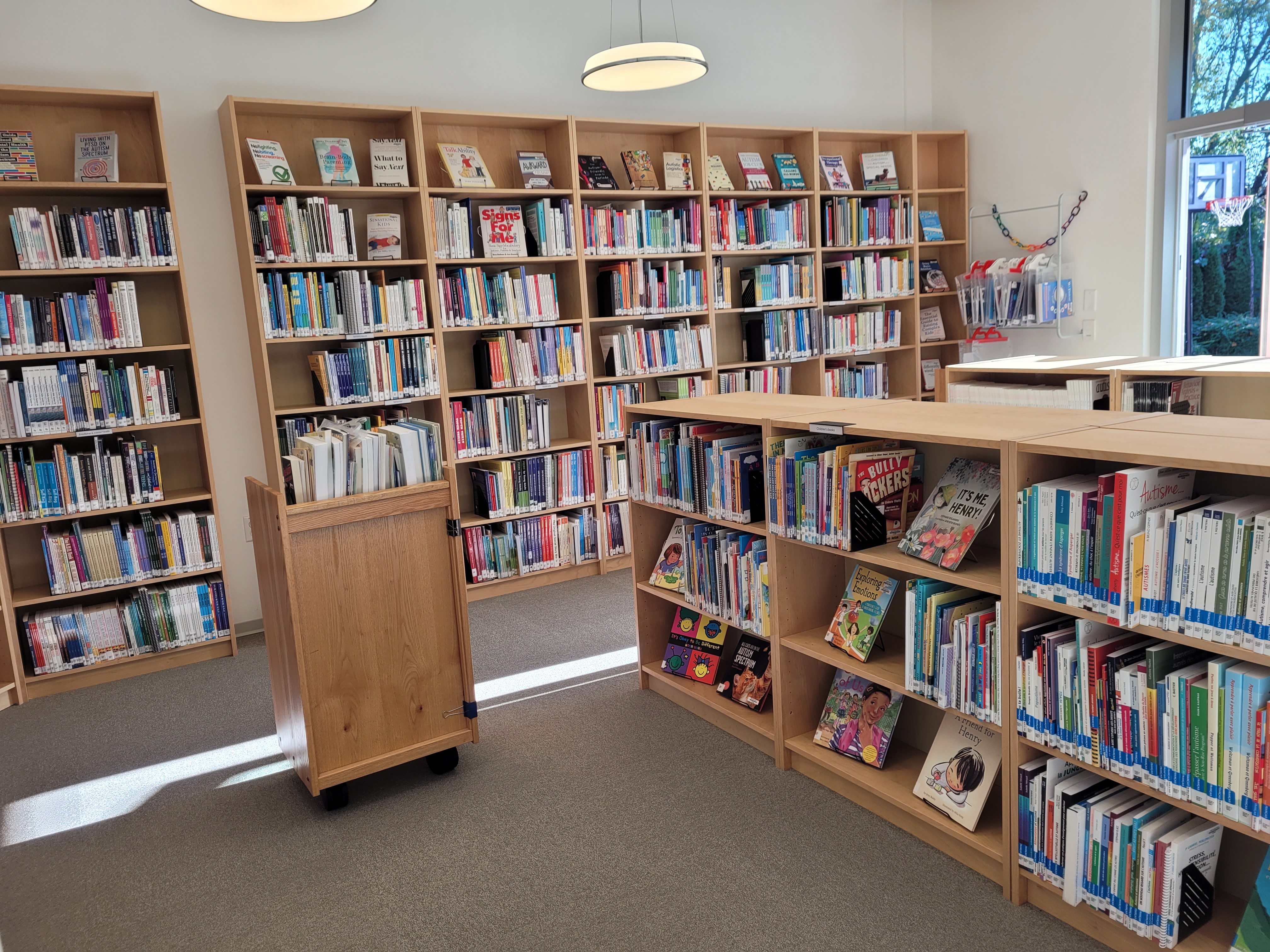
AIDE Canada Library offers a large collection of print and digital (eBook and audiobook) resources. For each of the resources below, we have included links to all available formats.
If you would like to borrow a print copy of one of these books, you can order it through our
free Canada-wide borrow-by-mail service.
eBooks and audiobooks can be borrowed online – just sign into our
overdrive
website or the
Libby
reading app using your AIDE Canada Library username and password. Visit the
Library website
to learn more. Questions? Email us at
library@aidecanada.ca
.
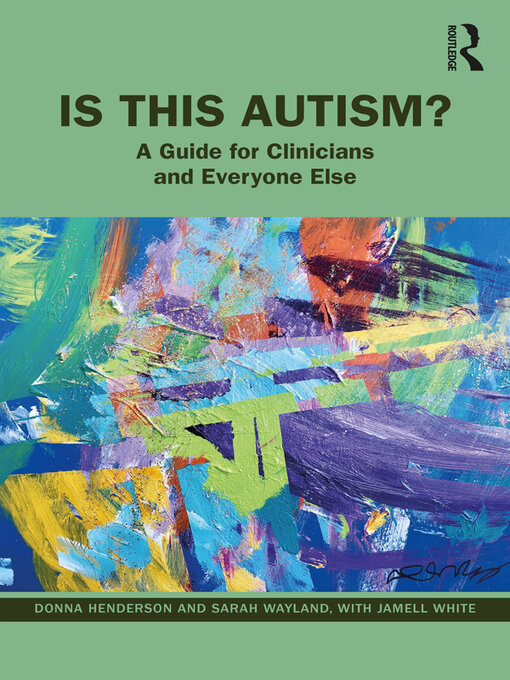
Summary:
“Though our understanding of autism has expanded, many autistic individuals are still missed or misdiagnosed. This accessible book clarifies many ways that autism can present, particularly in people who camouflage to hide their autistic traits. The authors take the reader step by step through the diagnostic criteria, incorporating the latest research as well as quotes from over 100 autistic contributors that bring that research to life. They also describe many aspects of autism that are not included in the current diagnostic criteria, such as autistic strengths and co-occurring disorders. Readers will learn about highly relevant topics, such as different types of empathy, sensory systems that are not well known, neuro-crash and burn out, and relative versus absolute thinking. This book provides a deep, current, and neurodiversity-affirmative understanding of the less obvious presentations of autism. It is relevant to all healthcare professionals, educators, family members, autistic individuals, and anyone who is curious about autism. A clinical companion guide, Is This Autism? A Companion Guide for Diagnosing, is available for clinicians who make mental health diagnoses.”
Borrow eBook
Borrow by mail or pick up in person at AIDE Canada Library
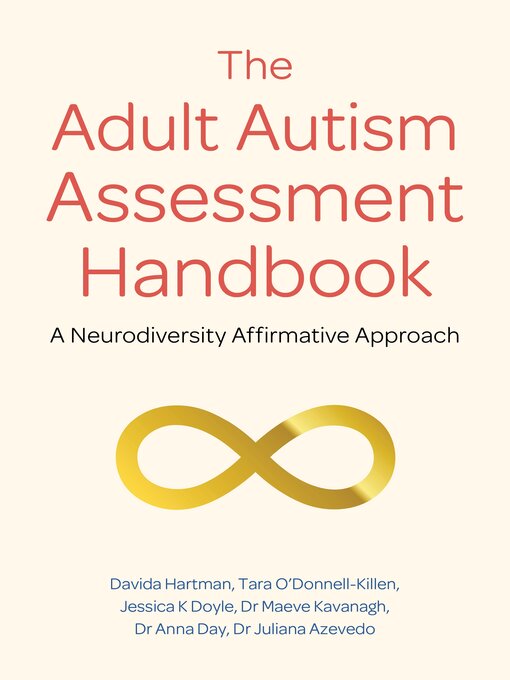
Summary:
"Adult autism assessment is a new and fast-growing clinical area, for which professionals often feel ill-equipped. Autistic adults are often misdiagnosed which has enormous implications for their mental health. This accessible and comprehensive adult autism assessment handbook covers the most up to date research and best practice around adult autism assessment, centering the person's internal experiences and sense-making in clinical assessment, rather than subjective observation, thus providing the clinician with a truly paradigm shifting Neuro-Affirmative approach to autism assessment. Traditional clinical assessment tools are comprehensively explored and unpacked to enable the clinician to have full confidence in aligning traditional criteria to the Autistic person's subjective experiences. Full of additional resources like language guidelines and an exploration of the common intersections between Autistic experience and the effects of trauma, mental health and more, this book supplies a breadth of knowledge on key areas that affect Autistic adults in everyday life. The mixed team of neurotypical and neurodivergent authors describe lived experience of Autistic adults, a how-to for conducting Neuro-Affirmative assessments and post-assessment support, alongside reflections from practice. This book also has a directory of further resources including downloadable forms that you can use to prepare for your own assessments and a downloadable deep dive into Autistic perception. This guide will also support professionals through every step of the assessment process."
Borrow eBook
Borrow by mail or pick up in person at AIDE Canada Library
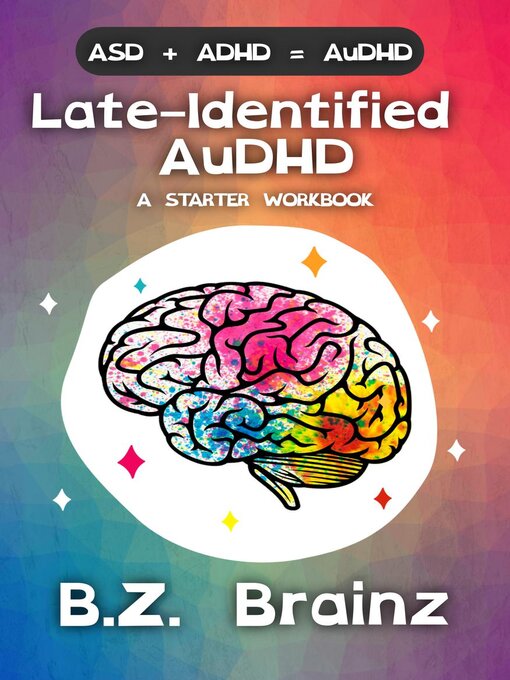
Summary:
"Do you suspect you have ASD and ADHD? Are you late diagnosed with AuDHD (ASD + ADHD)? Are you still trying to identify your traits and describe your experiences to access support? Here you will learn the basics from another AuDHD'er... Basic vocabulary! A framework to view your journey! Guided writing prompts to process your thoughts! By the end of this workbook, you will: Know the basics. Have ideas to keep you going. Learn language to support conversations. Create a list of your specific AuDHD traits and more. "
Borrow eBook
Borrow by mail or pick up in person at AIDE Canada Library
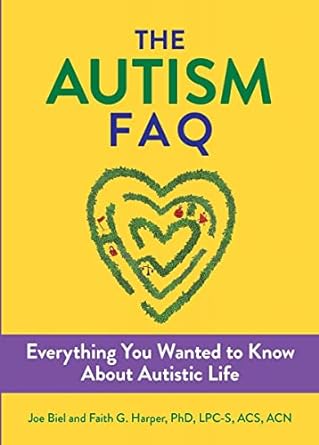
Summary:
"What is it like to be autistic? As many as one in forty-five people live that reality every day, but our culture remains full of myths, stigma, and dangerous misunderstandings of this type of neurodiversity. This guide to life on the autism spectrum is a must-read for autistic adults, their friends, coworkers, partners, and parents-and for anyone who wants to understand the experiences of many people they meet every day. Joe Biel, who was diagnosed as an adult, writes about what it is like to be autistic, joined by the bestselling Dr. Faith G. Harper who speaks from her experience as a parent, friend, and therapist to autistic people. Their real talk and accessible language discuss a wide range of topics, including the diagnostic criteria for autism and how they play out in practice, what it means for autism to be a disability, and co-occurring conditions like depression and anxiety. They answer many frequently asked questions from neurotypicals and offer some basic life and social skills that the world does not always think to explicitly teach autistic folks. Most of all, they affirm the many strengths of the autistic brain and point the way to a world where autism is just another way of being."
Borrow by mail or pick up in person at AIDE Canada Library
Toolkits

Getting an autism test and formal diagnosis is a complex process at any age. If you are an adult, it is even harder to access professionals who can give you a formal diagnosis. Below, we have summarized the steps you can take and ways you can prepare for meeting with specialists.

Getting an autism test, and being diagnosed as autistic when you are an adult can be an intense experience. This toolkit was created to support those experiencing this exciting, but sometimes emotional, transition to self-acceptance. It provides some helpful information and lived experience with the hope that it will be useful to those beginning this journey. The primary author of this toolkit, Rebekah Kitzinger, was diagnosed as an adult. She created this toolkit to share her experiences and the lessons she has learned since receiving her diagnosis.

After an autism test, it can be frustrating to wait on an official diagnosis as an adult or wonder if you are actually autistic, but there are some things you can do in the meantime to support your own growth.
Webinars

There has been a dramatic increase in the number of autistic individuals who are diagnosed in adulthood, and those who want to have an autism test. Join us and our panel of experts as we describe the tools used to diagnose adults, obstacles to getting a timely diagnosis, and share the lived experience and perspectives of individuals who were diagnosed as adults.
Provincial Considerations
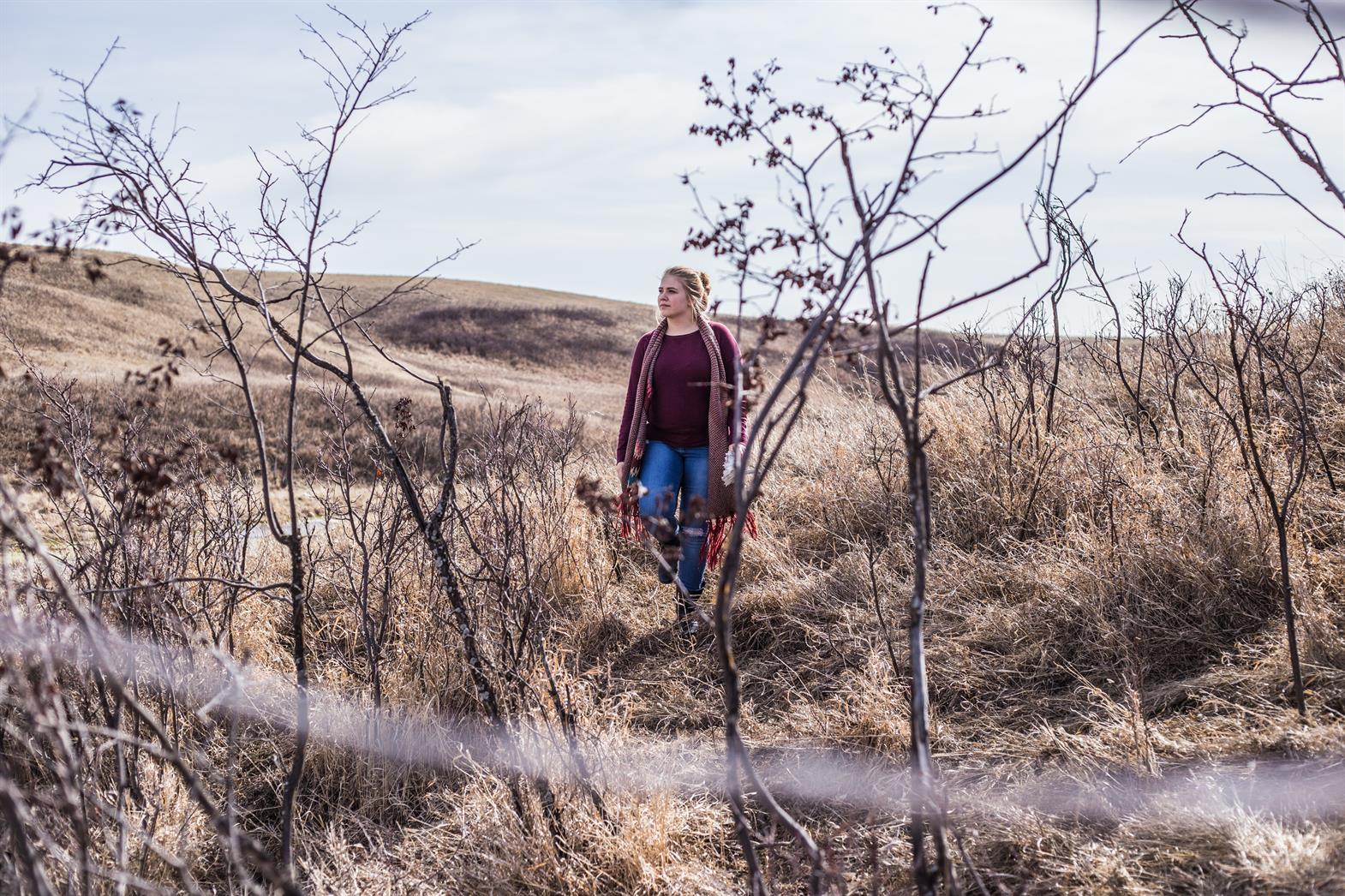
This video developed by autistic self advocates in Saskatchewan reviews the options and resources available for adults who think they may want an autism diagnosis.
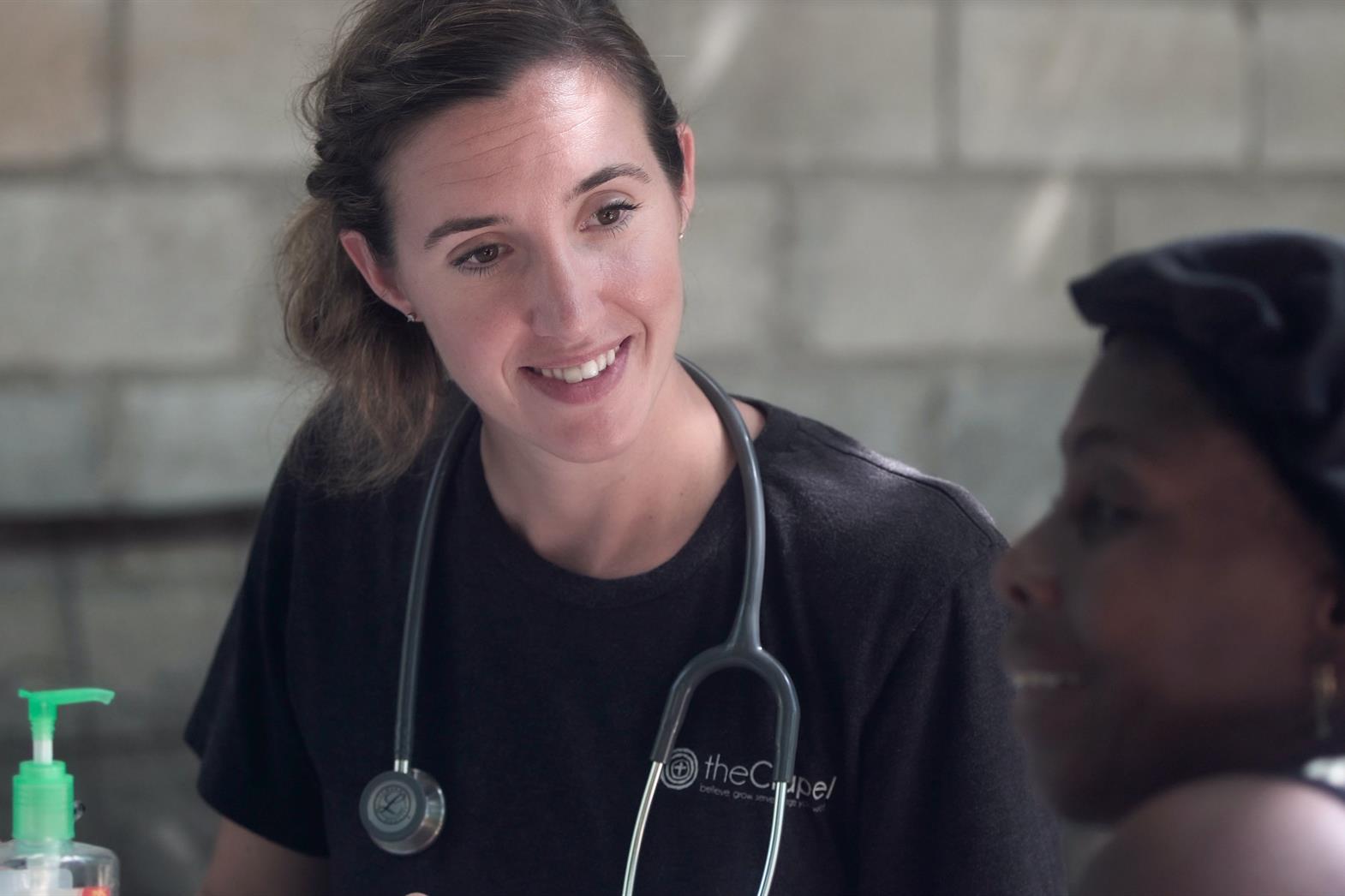
This video developed by Matt Derraugh talks about how to get an autism test and diagnosis as an adult in Manitoba. The perspectives of other self advocates from the autism community provide insight into the experiences of adults seeking an ASD diagnosis in Manitoba.
Peer Advice Videos
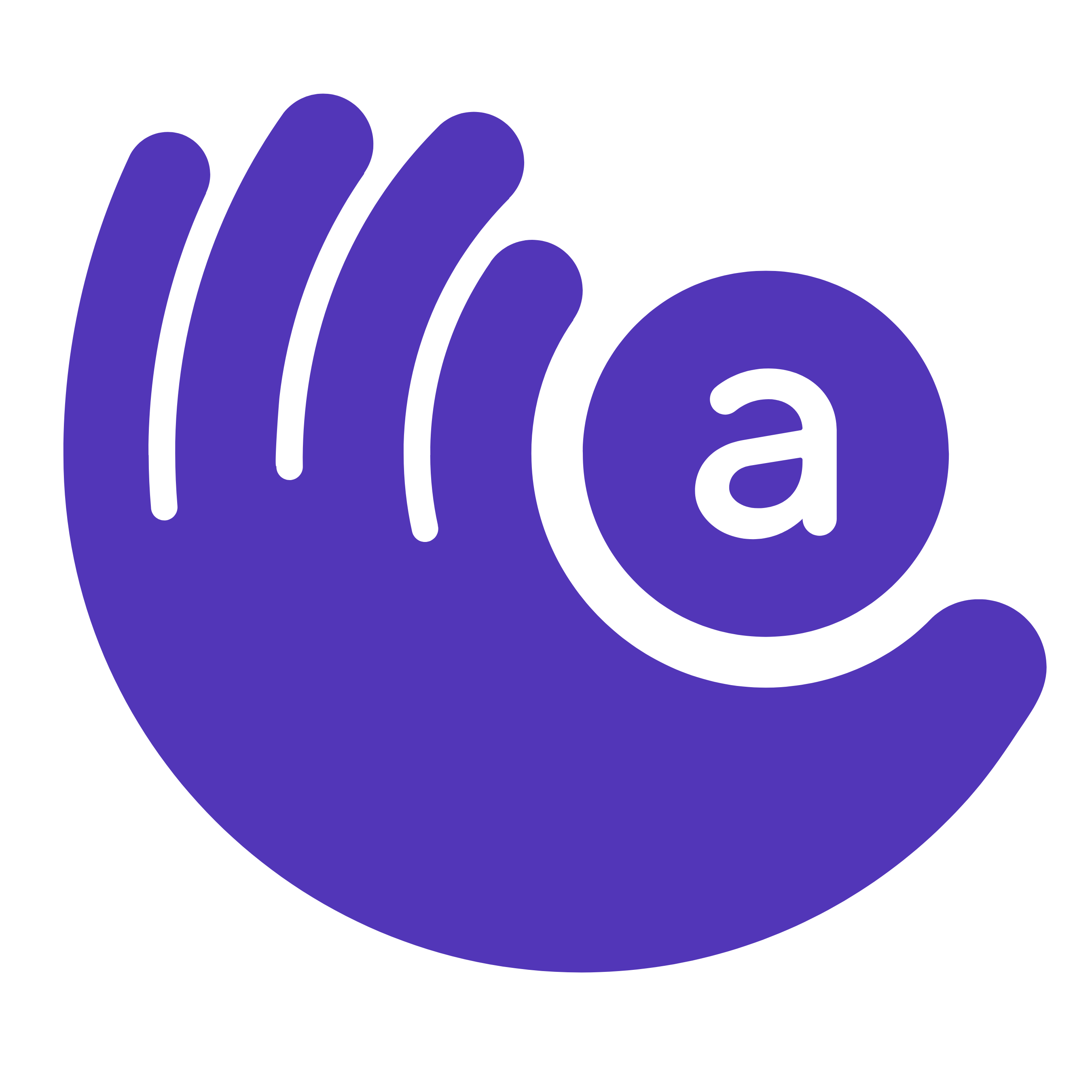
In this video, Mike shares his story of getting diagnosed at age 50 and where you can find resources for yourself if you have been newly diagnosed.

In This video, Nicole provides guidance on how to engage with someone whose response changes once you have revealed your diagnosis. Nicole offers advice for various scenarios and potential results.


